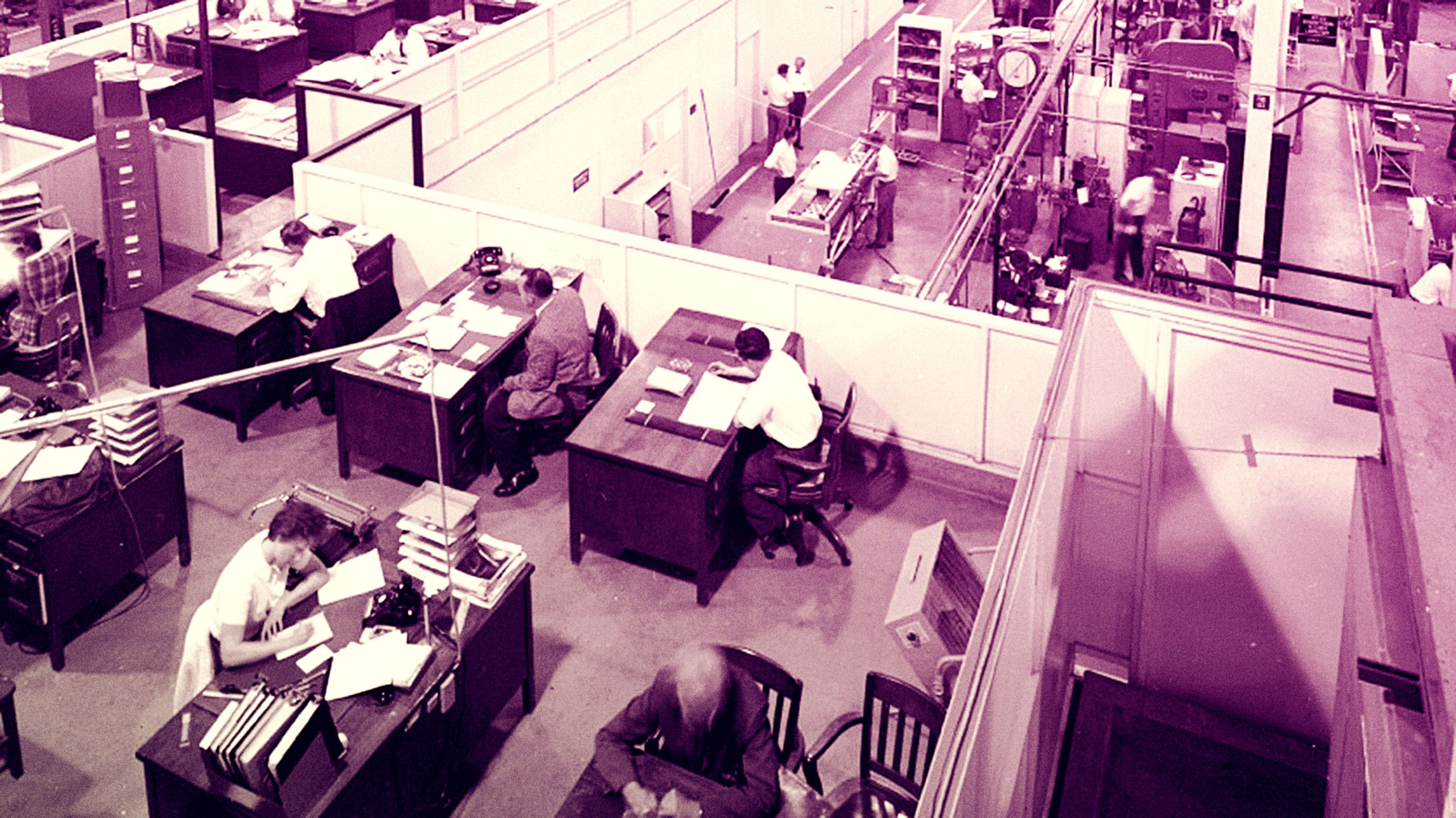Forget about a future robot uprising that looks likes The Terminator. The takeover is already happening as machines replace factory workers, and AI systems increasingly take over office tasks like legal research.
Now, robots are coming for highly skilled service positions in factories and power plants, too. Except according to German industrial giant Siemens, the shift to AI in this segment of the workforce would actually be a good thing. Why? Because it’s getting harder to find humans who want to or can do those kinds of jobs, says Jagannath Rao, the company’s SVP for data services at its campus outside Atlanta.
“I remember the days, 30 years ago, when [if] we had a problem with a transformer in a plant . . . these guys would actually listen to the sound coming out of [it] and tell you what was wrong,” Rao says. “Those people are gone, and nobody is taking those jobs anymore.”
Rao and his colleagues blame it on changing tastes: The salty mechanic in blue overalls with dirty hands isn’t a persona that appeals to students considering career options, they claim. “We’ve gone through a period of time when many people were steered away from traditional trades, apprenticeships, college-level education for some of these practical trades, in favor of going to university,” says Jeff Bonnell, a VP at Coresystems in Vancouver, which provides software for diagnosing problems with industrial machinery.
Coresystems uses Siemens’s MindSphere service, which gathers data from machines for tasks like predicting breakdowns, something that was once done by humans. It joins a growing list of manufacturers offering data collection and analytics services as an upsell for their industrial clients. GE, for instance, introduced such a system, called Predix, in 2015. Other rivals include Hitachi Lumada, Microsoft Azure IoT (Internet of Things) Suite, and SAP Predictive Maintenance and Service.
Related: Watch A GE Engineer Chat With A Robotic Power Plant
These networks collect the data that machine learning AI can munch on to learn the early signs of an impending breakdown—replacing those old techs who could diagnose a machine by placing an ear up to it. “This whole front-end process . . . is what machine learning and AI do today,” says Rao. “[They] bring it to the point of deciding what the problem is. It’s nice to have an expert around, but I would say I don’t care where the intelligence is generated, as long as it’s made available.”
Siemens’s description of unwanted factory positions doesn’t exactly square with the outcry over blue-collar job losses that fueled Brexit and Donald Trump’s campaign. The problem, according to Rao, is that new recruits looking for industrial jobs don’t have the expertise. In theory—and, so far, it’s only a theory—AI could perform the diagnosis and walk technicians through the maintenance process, using technologies like augmented reality to highlight the parts of the machine on which they need to work. “That enables a lot of lower-skilled people to use [MindSphere] and do things, and that keeps their job secure,” says Rao. “If they do that for a while, they also get savvy with it.”
There aren’t any MindSphere apps yet that are actually doing the work of sophisticated techs, nor ones that guide less-skilled workers to do the job. It’s an appealing image, though, as tech companies try to convince the public that they won’t put people out of work.
I ask Rao if Siemens’s promise supports President Trump’s stated goal to “Make America Great Again.” “Irrespective of that, the need is there,” he says. “And therefore it would happen irrespective of the political situation. Does it facilitate that vision? I guess it does.”
Recognize your brand’s excellence by applying to this year’s Brands That Matter Awards before the early-rate deadline, May 3.
